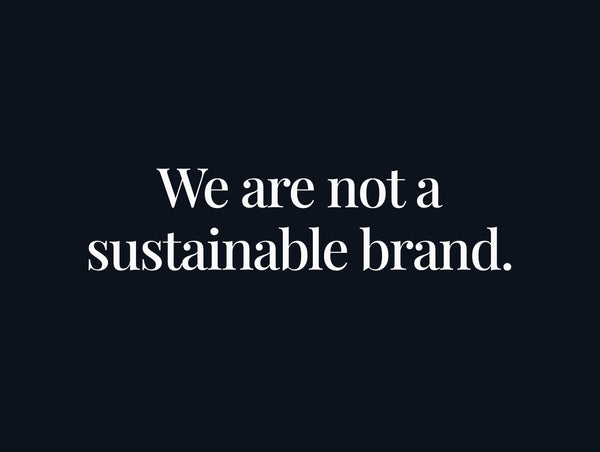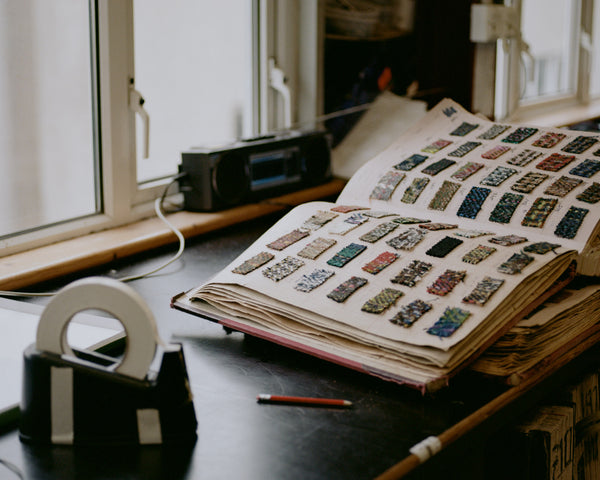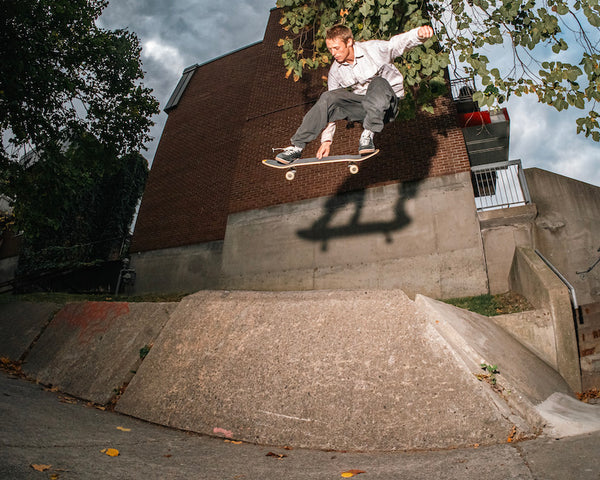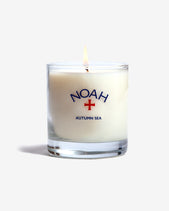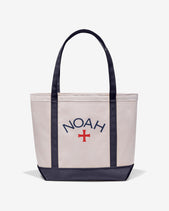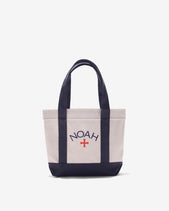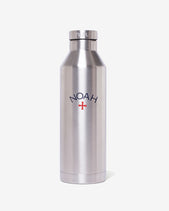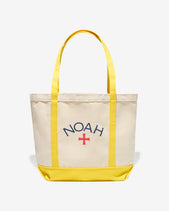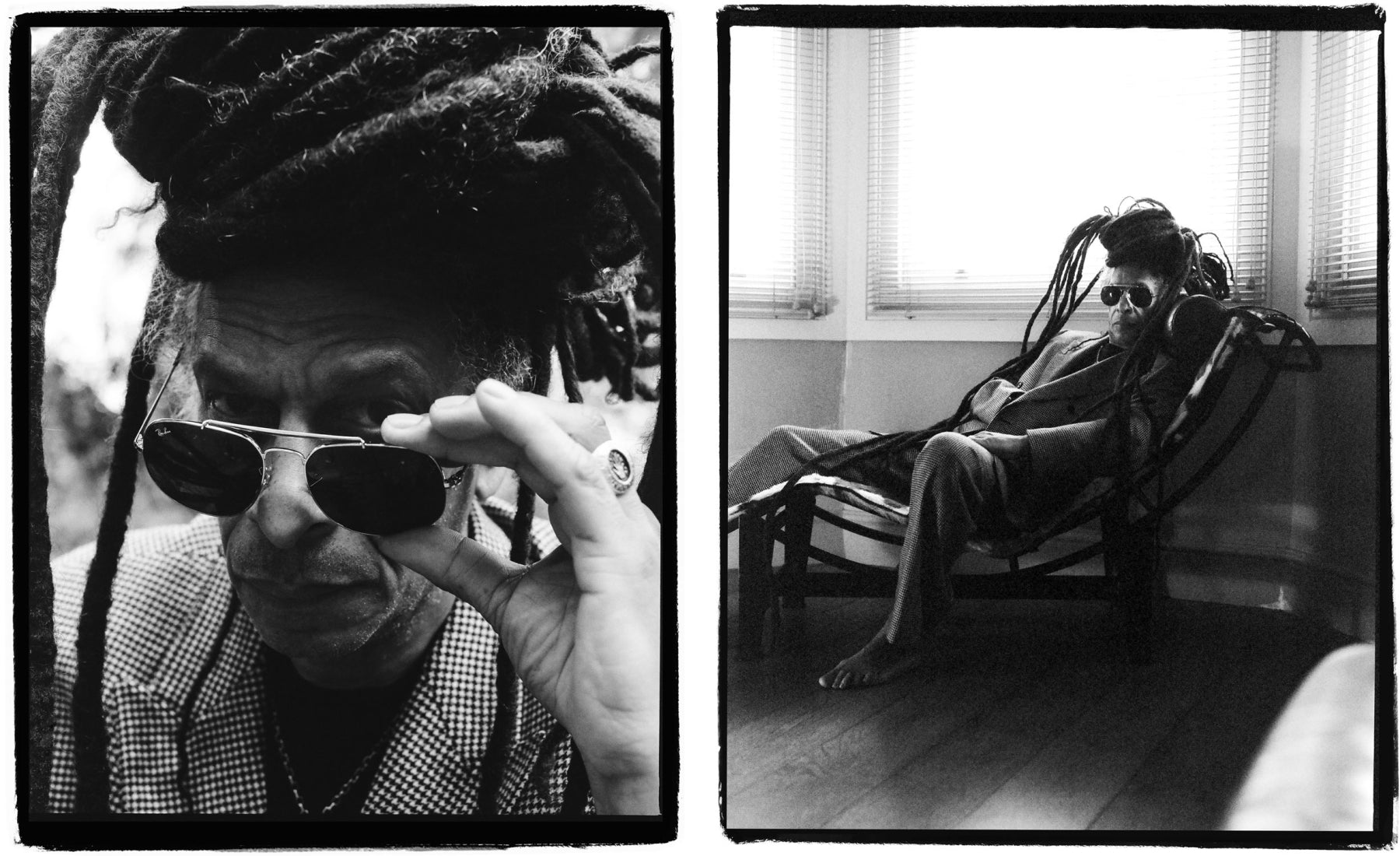
Don Letts was a crucial part of Big Audio Dynamite’s first lineup, but that’s only a part of his story. He’s had a hand in punk music and London street fashion from a very early stage, and has been credited with helping bridge the worlds of reggae and punk in the seventies. A writer, DJ, musician, and filmmaker, he has been tremendously productive to this day.
His accomplishments are too many to list here, but see if you can find a copy of his front-row documentary of punk at the Roxy - London’s first punk club (The Punk Rock Movie), or his incredible documentary of the iconic punk band, the Clash (Westway to the World). You should also check out the music he made with the post-punk reggae band Basement 5, and of course, Big Audio Dynamite.
He’s more recently found a steady gig as a DJ for BBC Radio and also found time to write a memoir, Culture Clash: Dread Meets Punk Rockers.
We’re honored to have gotten to know him personally over the years, and thought it’d be a perfect time to catch up with him for his thoughts about his time in B.A.D.

First off - A lot of people reading this may not have been around in the Eighties. Could you briefly help set the scene with your perspective of what music was like when B.A.D. started?
The post-punk scene that emerged in the wake of the original punk movement was much more exciting, as it was no longer trapped by a label and people could be honest about what they really liked. And even though the arrival of MTV sidetracked many, the lessons learnt by those that understood that punk was an attitude (and not a mohawk) would become the driving force behind the eighties' most interesting sounds.
B.A.D.’s music sounded like very little we had heard before, not only in terms of how it incorporated different sounds from the streets of London and N ew York + your own individual perspective as artists, but in particular the layered way in which the tracks seemed to be built. It felt like something from the studio that still had a live energy to it somehow. What was the band’s creative process like in terms of working from ideas to the finished product?
Mick insisted that B.A.D would not only exist in the studio - it had to work live, which in those days was a tough call… as technology weren't up to speed with where we were at!
Hip-hop culture overall seemed to be a significant influence on B.A.D., although we’re guessing it’s not something you would have encountered in London at that time. Do you remember the first time you experienced it? What was that like for you, and how did you make sense of it relative to your own experience growing up in London
From the late seventies through to the eighties, mixtape culture was an integral part of spreading sounds - so we were hip to what was happening in NYC via stations like WBLS and KISS FM. But it was when I came to Manhattan to film The Clash's legendary Bonds stint that I got a front row seat to the emerging hip-hop scene, which I saw as black America's punk rock.
B.A.D. had a unique style that evolved over time - each album seemed to have its own visual vibe and language, which seemed to be an important part of what we were supposed to make of the record, and has also helped shape how we approached this collection. How did the visual aspect for the albums come into place?
Man, that'd be a Brit thing - where I'm from, music and style are inseparable - that's why in the last half of the 20th century, this country came up with so many style-driven subcultures.
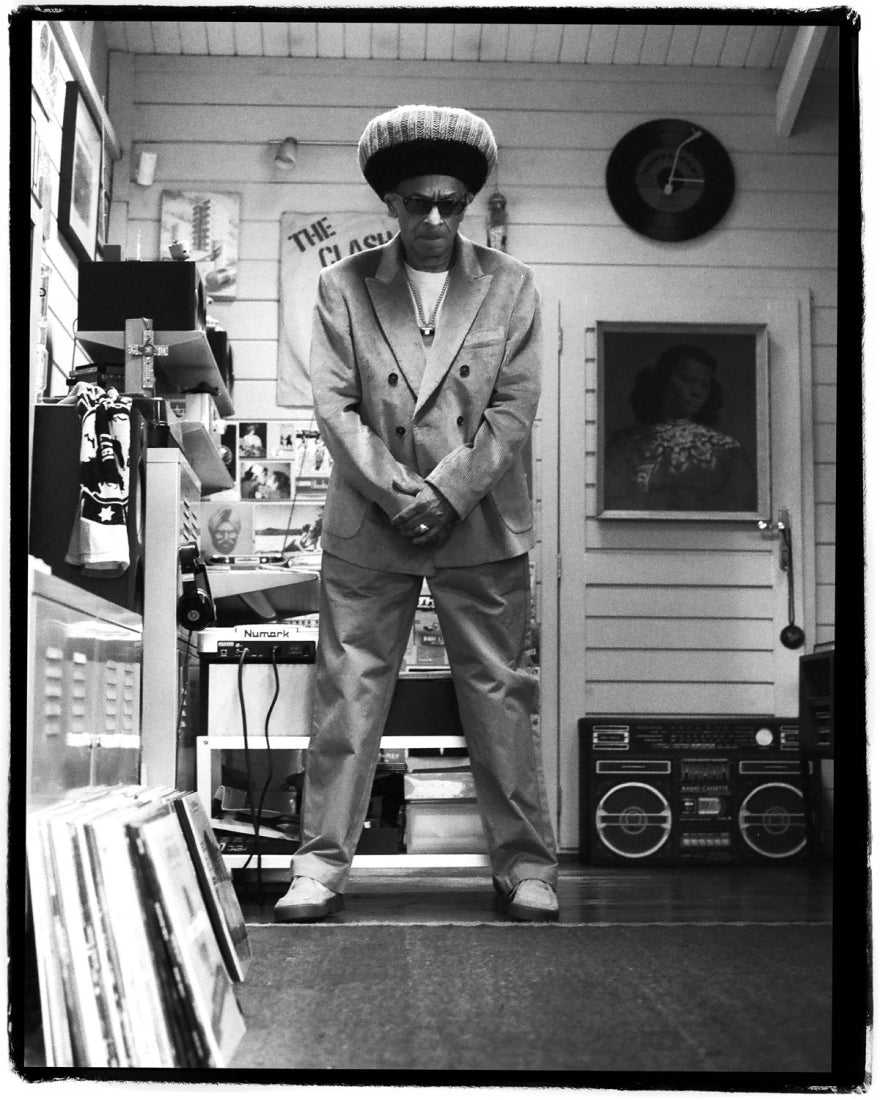


A lot of what B.A.D. helped pioneer musically ended up being picked up by other artists - either by direct influence (Gorillaz come to mind) or otherwise. What’s that been like to see, having set out to blaze your own path in the first place?
Y’know, the basic ingredients that gave B.A.D its distinctive identity are still the elements that excite me today - so I figure we must have been doing something right. Truth be told, we were never that commercially successful - more cred than bread. But those that are supposed to know, know - and that's good enough for me.





